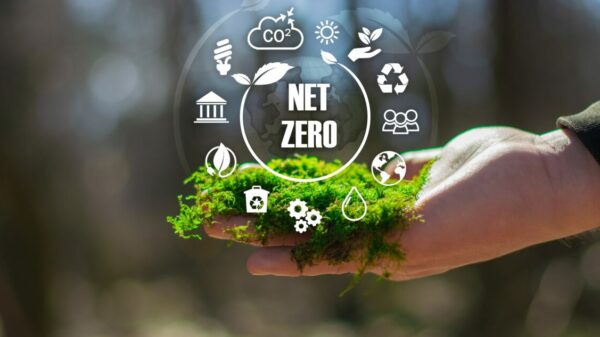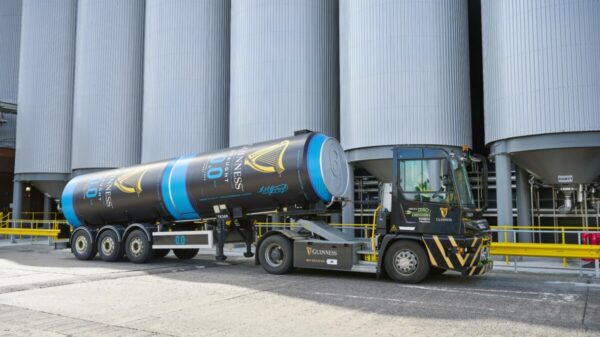Top climate scientists have said company emission reduction targets endorsed by the Science Based Targets Initiative (SBTi) are “insufficient” to reach the Paris Agreement climate goals.
The report, published in the journal Science and reported by Responsible Investor, is the latest criticism to hit the SBTi.
It follows the recent controversy which saw staff at the SBTi demand its CEO quit amid a backlash at plans to permit firms to use carbon credits to offset greenhouse gas emissions.
The Paris Agreement saw world leaders agree to limit greenhouse gas emissions from human activity to the same levels that trees, soil and oceans can absorb naturally – known as net zero – between 2050 and 2100.
But the article says: “Although emissions targets can help curb emissions, we detail the risks of relying on individual corporation’s emissions targets to guide and track progress in aligning the economy with the Paris Agreement goals.”
Subscribe to Sustainability Beat for free
Sign up here to get the latest sustainability news sent straight to your inbox everyday
The article also says SBTi targets might be used by companies to ward off government policies aimed at combating climate problems.
The authors of the article also say the science-based framework favours existing firms with SBTi targets and “penalises” newer, more efficient firms.
It says: “These formulas assume, and thus favour, the continued presence and market dominance of existing companies until their specified target year, typically 2030 or around 2050 for net-zero targets.
“The allocation of the remaining emissions space exclusively among existing companies penalises new and possibly more efficient companies that could have growing emissions in a decarbonising market.”
Furthermore, the authors, which include climate scientists who have contributed to IPPC assessment reports, say that companies may leverage their SBTi targets to ward off external regulations.
“By claiming that their emission targets are validated by SBTi to be aligned with the 1.5C or net-zero objectives, companies might convey to their clients and to the regulators that the problem is taken care of without additional regulation and supervision of the enforcements of such regulation.”
The SBTi said it would review the article before responding to it.















